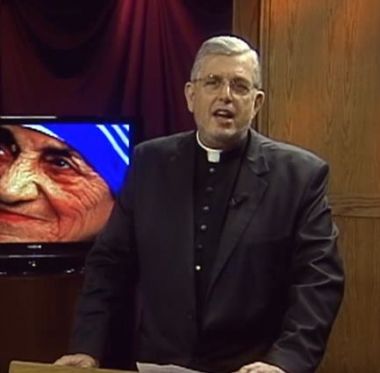Appeals court upholds priest's privacy rights in confession

A Louisiana appeals court has upheld a ruling that Catholic priests cannot be forced to reveal what has been said during confession.
In the decision, the court ruled that Father Jeff Bayhi is not legally bound to disclose what was said to him by Rebecca Mayeux, who testified that in 2008, she told the priest during confession that she was sexually abused by a now deceased parishioner. She was a minor at the time.
But the court also ruled that Mayeux can reveal what she told Bayhi in the confessional, according to local news station WBRZ and the Catholic News Agency (CNA).
Priests face excommunication if they violate the seal of confession, CNA reported.
The victim's lawyers said under the state's Children's Code, Bayhi was required to report the abuse to authorties.
The code, however, provides exemption for information revealed during confession but not if there is a "cause to believe that a child's physical or mental health and welfare is endangered," The Advocate reported.
District Judge Mike Caldwell earlier ruled that part of the code was unconstitutional as it infringed on the priest's religious freedom.
In her lawsuit, Mayeux said parishioner George Charlet Jr. made sexual overtures on three occasions.
Mayeux's parents filed a lawsuit against Bayhi and the Diocese of Baton Rouge in 2009, the same year that Charlet died.
"The First Circuit did uphold Judge Caldwell's rulings that Rebecca can testify as to what she told the priest in confession and that our claims against the diocese remain," said Brian Abels, one of Mayeux's attorneys.
In his dissenting opinion, First Circuit Judge Guy Holdridge wrote that statements "were made during the Sacrament of Confession, which is one of the central institutional practices of the Roman Catholic Church."
Bishop Robert Muench of Baton Rouge earlier offered his "compassion and prayer not only for the plaintiff who may have been harmed by the actions of a man who was not an employee of the church, but also for all who have been abused by anyone."
But he said the seal of confession is important as "the court's decision to uphold the First Amendment right to the free exercise of religion is essential."











